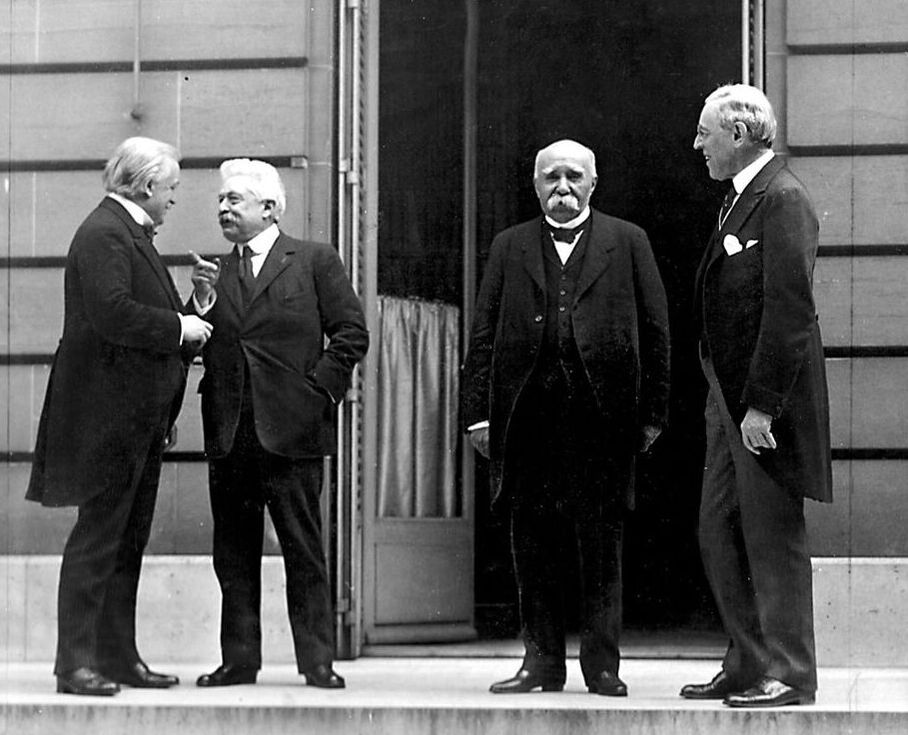
The signing of the Treaty of Versailles was one of the most significant historical events from the first half of the 20th century. First, it formally ended World War I and laid out punishments for Germany. While, World War I came to an end on November 11th, 1918 with the signing of the armistice, it was the Treaty of Versailles that truly ended the war. The treaty was a document that ended the war between the Allied Powers (Britain, France and the United States) and Germany, which was a member of the Central Powers. The Treaty of Versailles was signed on June 28th, 1919 in the Hall of Mirrors at the Palace of Versailles in France. The palace was one of the largest buildings in Europe and was used because it provided the space needed to house all of the representatives of the participating nations. Second, the Treaty of Versailles is considered to be one of the main causes of World War II. For instance, Adolf Hitler rose to power in Germany following World War I based on anger in Germany from the terms of the Treaty of Versailles. Therefore, the Treaty of Versailles is a significant document to both the First World War and Second World War.

May 27th 1919 - Treaty of Versailles negotiations with major leaders, including: David Lloyd George (England), Vittorio Orlando (Italy), Georges Clemenceau (France), and Woodrow Wilson (United States).
World War I was a major conflict that divided Europe along two main alliances. On one side was the Allied nations of Britain, France, Italy and Russia. On the other side was the Central Powers of Germany and Austria-Hungary. The war began in 1914 and lasted until 1918 when an armistice was finally reached on November 11th. Throughout the years of the war, millions of soldiers participated from countries all over the world. For example, notable nations included: Australia, Canada, Japan, the Ottoman Empire and the United States. In all, it is estimated that as many as 10 million people died as a direct result from the military actions of World War I. For instance, the trenches of the Western Front were notorious for their terrible and deadly conditions. At the end of the war, Germany essentially stood alone against the Allied nations. As such, Germany ultimately decided to reach peace with the Allied nations and sought to bring an end to the fighting. This resulted in the later signing of the Treaty of Versailles.
As stated above, the Treaty of Versailles was signed on June 28th, 1919 in the Hall of Mirrors at the Palace of Versailles in France. The Palace of Versailles has a long and storied past in French history, as it was once a palace for the French Royal Family. In fact, the last French Monarch to use the Palace of Versailles was Louis XVI, who was famously executed during the time of the French Revolution. The palace was still one of the largest buildings in Europe at the time and was used because it provided the space needed to house all of the representatives of the participating nations. In fact, there were many nations present during the negotiations for the Treaty of Versailles, which several delegates for each nation. More specifically, there were over 20 nations involved in establishing the terms. With this said, the negotiations were driven by just a few main countries that had been the on the Allied side of World War I.
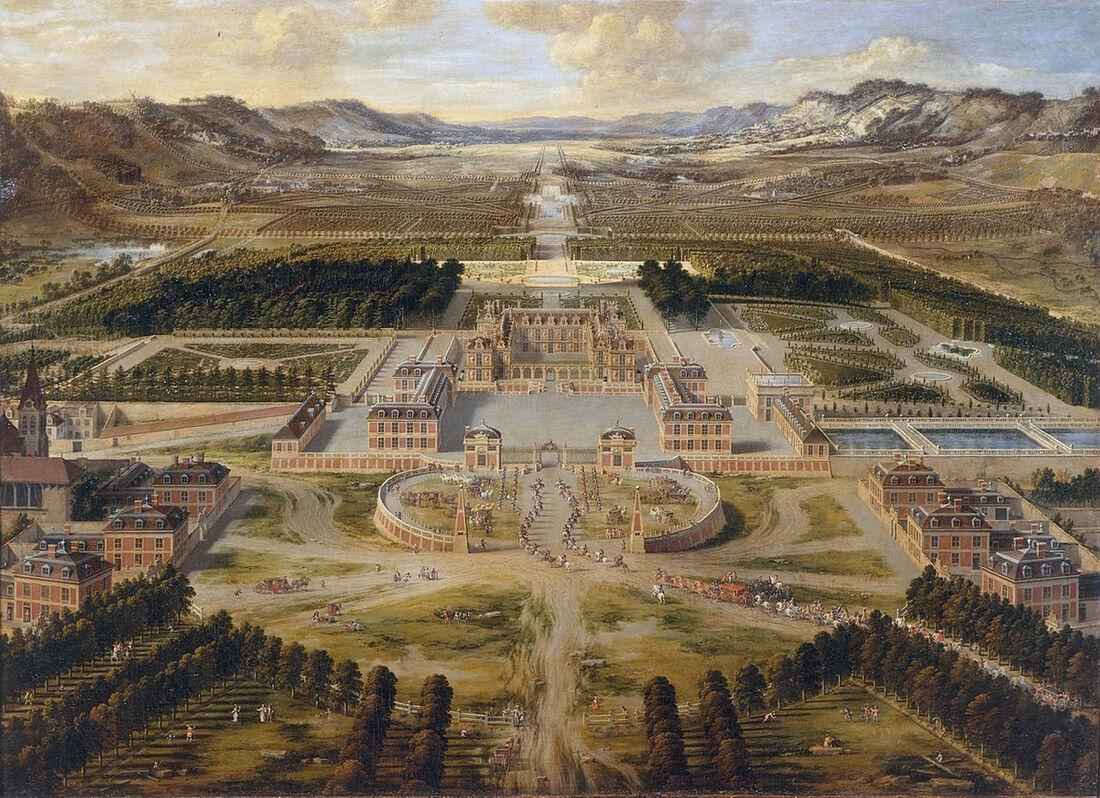
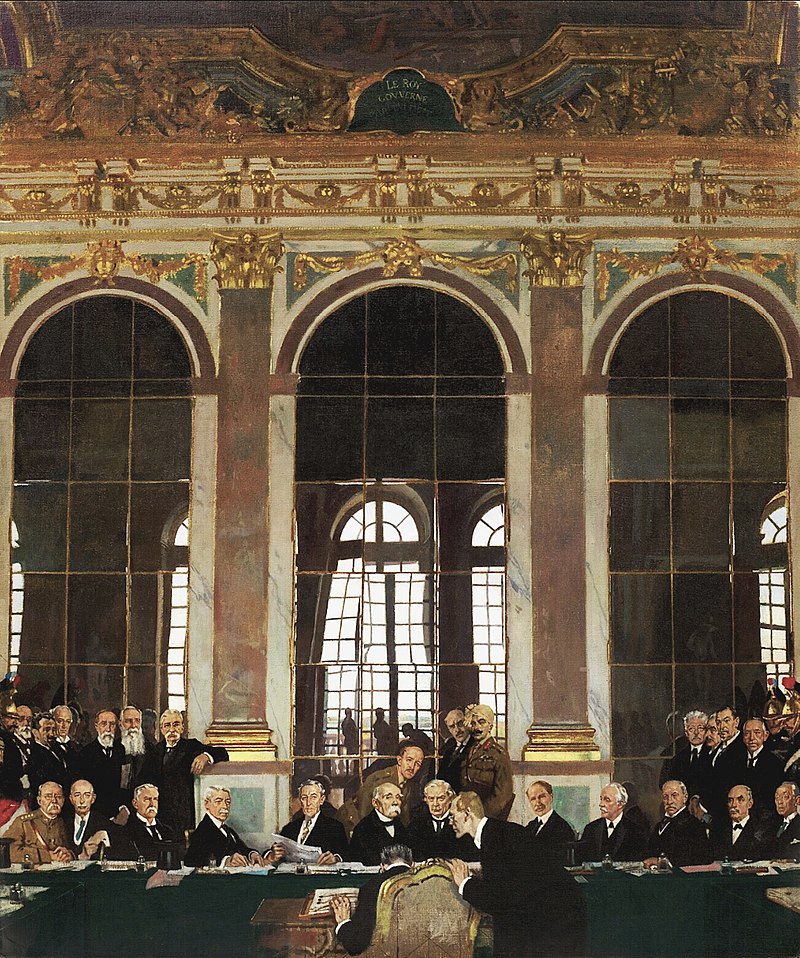
The three main politicians that participated in the signing of the Treaty of Versailles were: Woodrow Wilson of the United States, David Lloyd George of Britain and Georges Clemenceau of France. Each leader had their own view on how to handle the end of World War I and to what degree Germany should be punished.
David Lloyd George of Britain wanted to see Germany punished for its role in World War I. The idea that Germany should be punished was a popular view in Britain at the time and David Lloyd George supported the view as it was politically important. However, he was fearful for the spread of communism in Europe, which had found a foothold in Russia following the Russian Revolution of 1917. He feared that a weakened Germany might turn to communism and that the ideology would spread across the continent.
Georges Clemenceau of France argued that Germany should be severely punished such that it would be unable to wage a future war again. This was a popular view in France at the time, especially considering that World War I was the second major war between France and Germany in 50 years with the first war being the Franco-Prussian War of 1870. As well, most of the trench warfare of World War I occurred on French soil so France wanted revenge for nearly 4 years of German troops within its borders.
Woodrow Wilson of the United States differed from Britain and France in that he did not support the idea of punishing Germany for its role in World War I. At the end of the war Woodrow Wilson issued his 14 Points (commonly known as Wilson's 14 Points) in which he laid out a framework for ensuring peace in Europe. As part of his 14 Points, Wilson fundamentally opposed the idea of revenge or punishment for Germany and instead supported the idea that any German punishment should aim to rebuild Europe and lead to reconciliation.
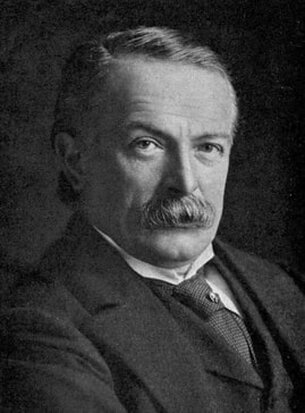
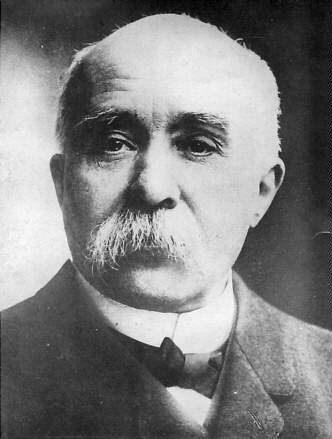
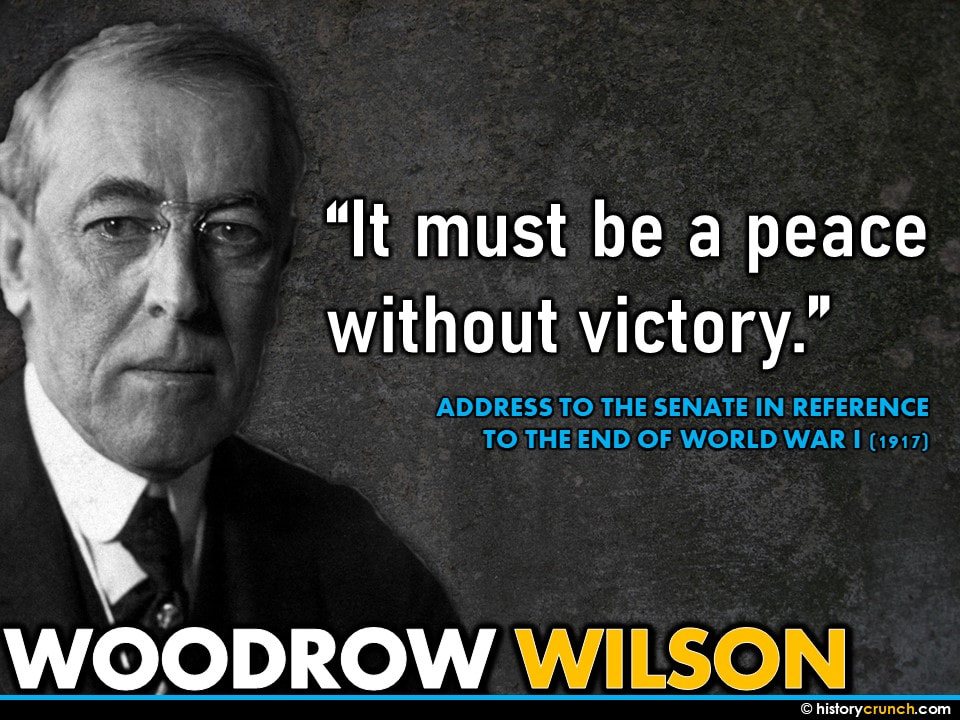
The Treaty of Versailles was a large document with approximately 440 individual articles. Germany was presented with the list of demands that make up the 440 articles. Germany protested the demands of the Treaty of Versailles but their concerns were mainly ignored in favor of the wishes of the Allied powers.
Despite consisting of 440 articles, the Treaty of Versailles is significant for just a few main demands, including:
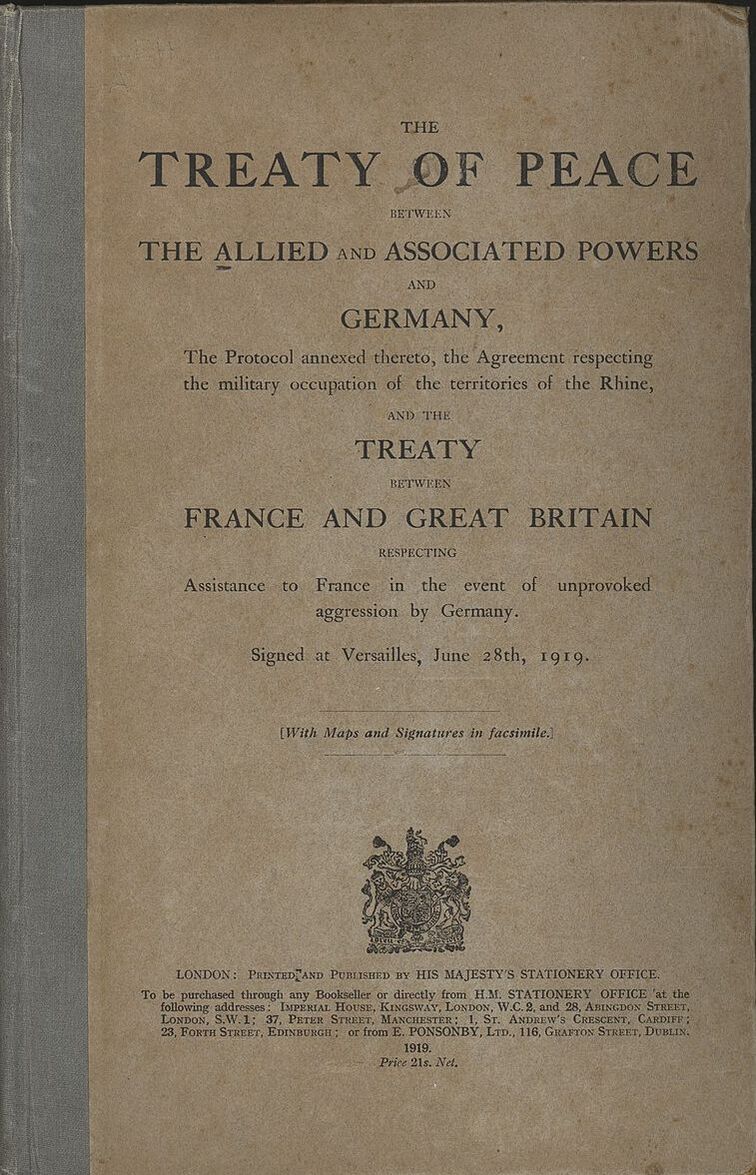
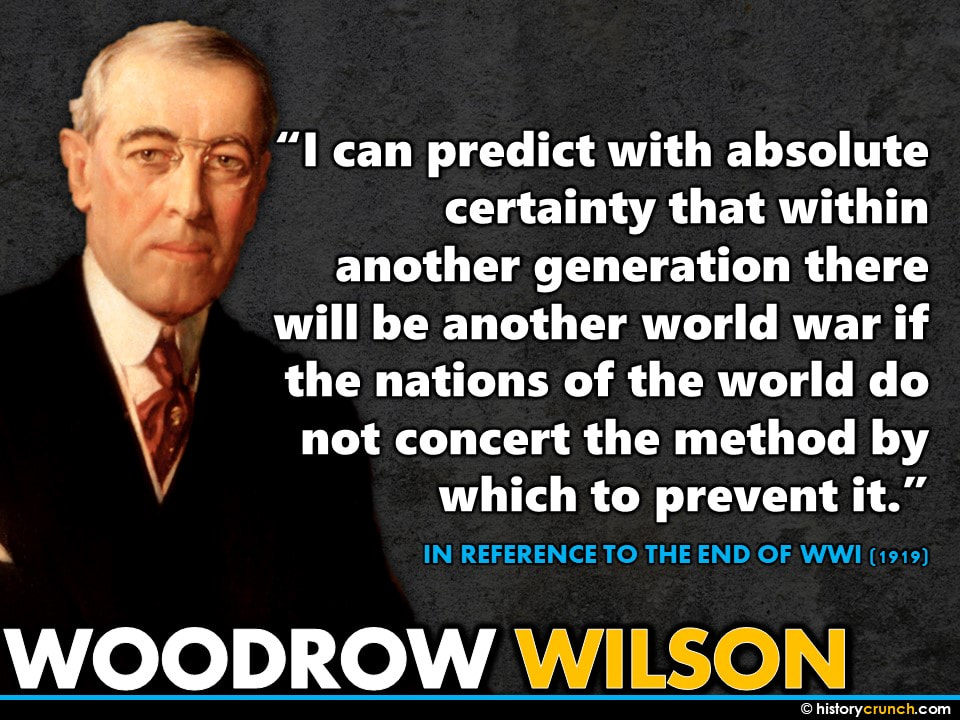
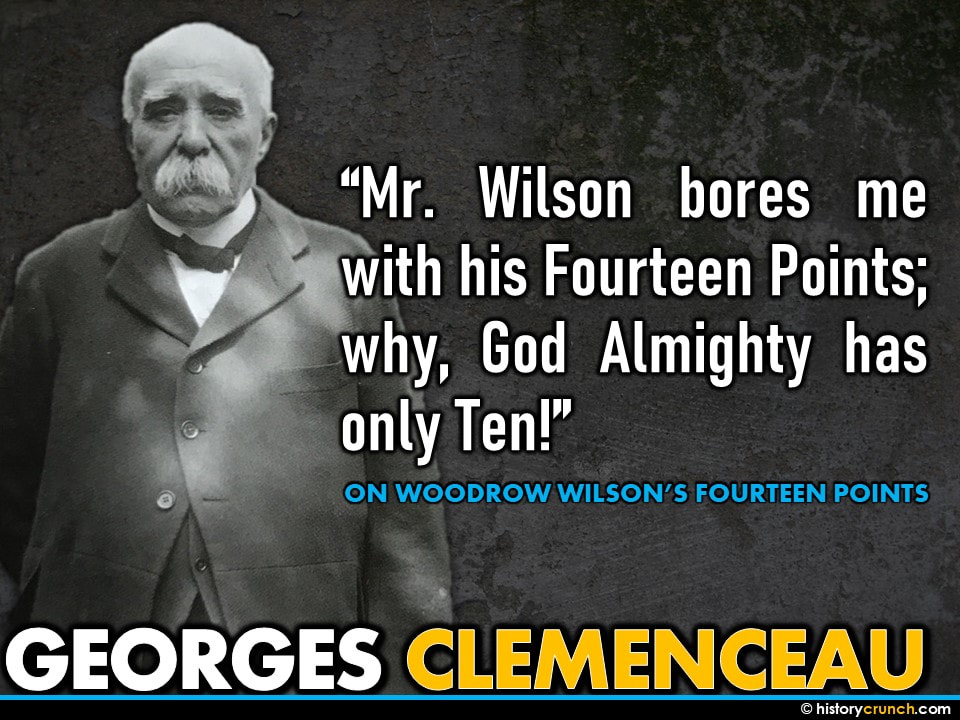
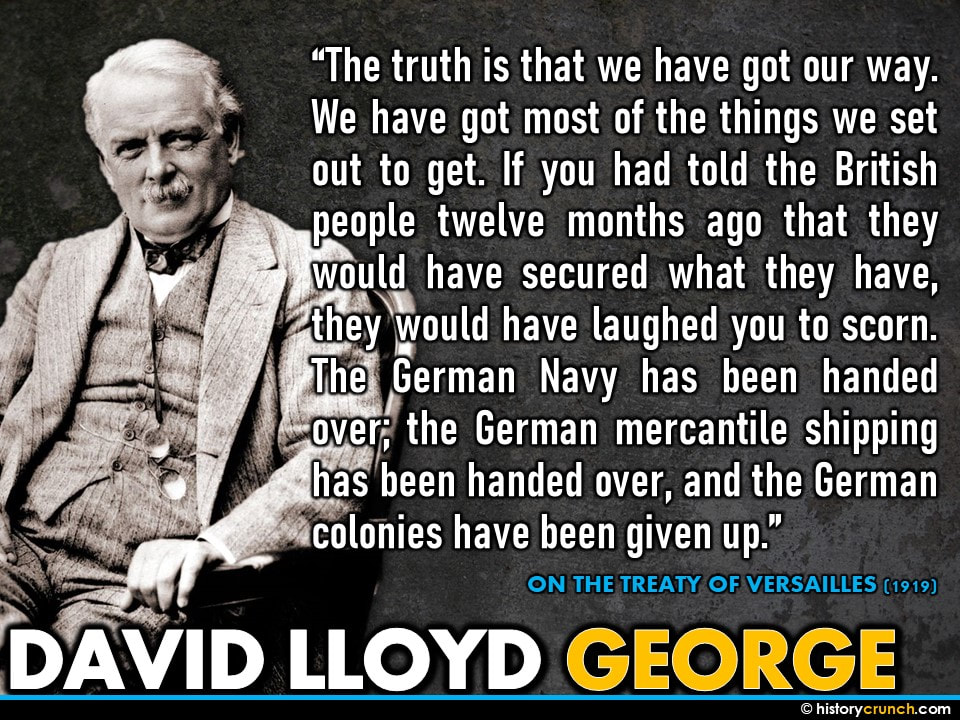
The Treaty of Versailles created a legacy for Germany and Europe in the years after World War I. The treaty in now viewed by many as to severe of a punishment towards Germany in the years after World War I and is often viewed as a cause of World War II and the rise to power of Adolf Hitler and fascism in Germany. More specifically, the Treaty of Versailles left a legacy that had economic and political implications.
Economically, the German economy struggled to cope with the high reparations, loss of land (Saar Coal Fields), and the ongoing Great Depression of the 1930’s. As stated above, Germany was forced to pay reparations as a term of the Treaty of Versailles. Simply put, reparations are a form of war debt, that Germany was made to pay to the Allied nations. This was because Germany was blamed for starting the war, and as such was made to pay for the damages to the Allied nations. In actuality, France received most of the reparation payments, since most of the fighting of World War I occurred in the area of northern France. As Germany struggled to pay for its reparations, it printed off more of the German Mark which devalued the currency and led to hyperinflation. Hyperinflation is when a currency (money) loses its value very quickly. This occurred in Germany to such an extent that Germans needed large sums of money to buy everyday items such as groceries. Some Germans burned their money because it was more valuable as a way of heating their home then as a means of spending.
Politically, Germany underwent some major political changes in the years after World War I and the Treaty of Versailles. Germany’s first democracy (Weimar Republic) was the government in Germany following the signing of the Treaty of Versailles and would be the focus of German anger for the results of the treaty. The Weimar Republic struggled to respond to the economic crisis and many Germans began looking for alternative governments to solve their crisis. Germans were unhappy with democracy and instead turned to fascist dictator Adolf Hitler to restore their economy and national pride. Because of this, the Treaty of Versailles is often considered to be one of the main causes of World War II.
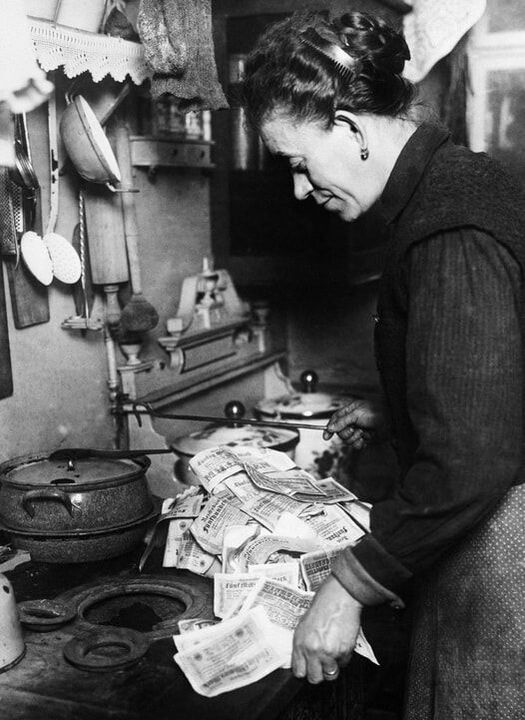
A German woman burning her currency because of hyperinflation due to the terms of the Treaty of Versailles.
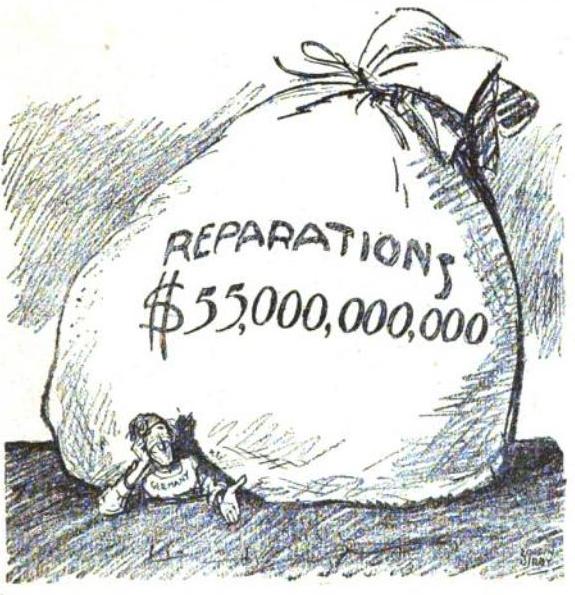
Cartoon from 1921 that shows the impact of the Treaty of Versailles on Germany. Germany was economically 'crushed' due to reparations.
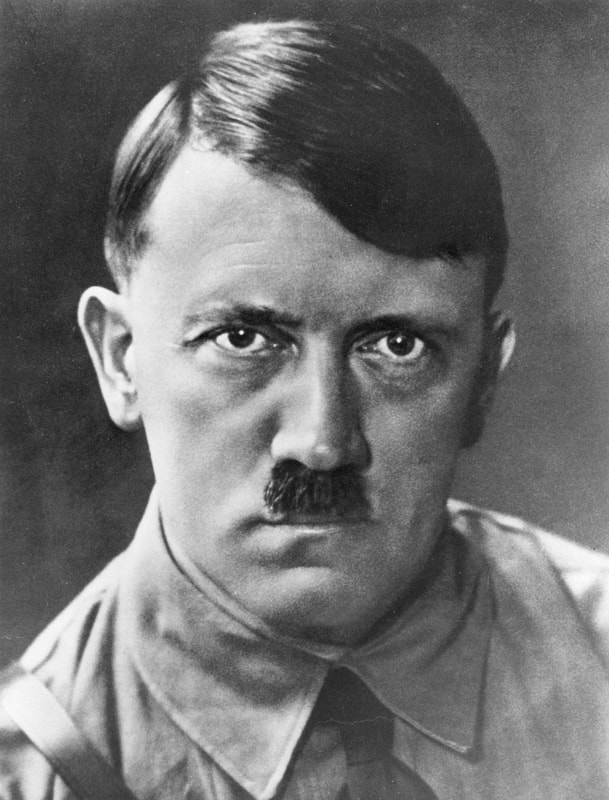
Adolf Hitler rose to power in Germany, in part, due to the anger among Germans over the terms of the Treaty of Versailles.